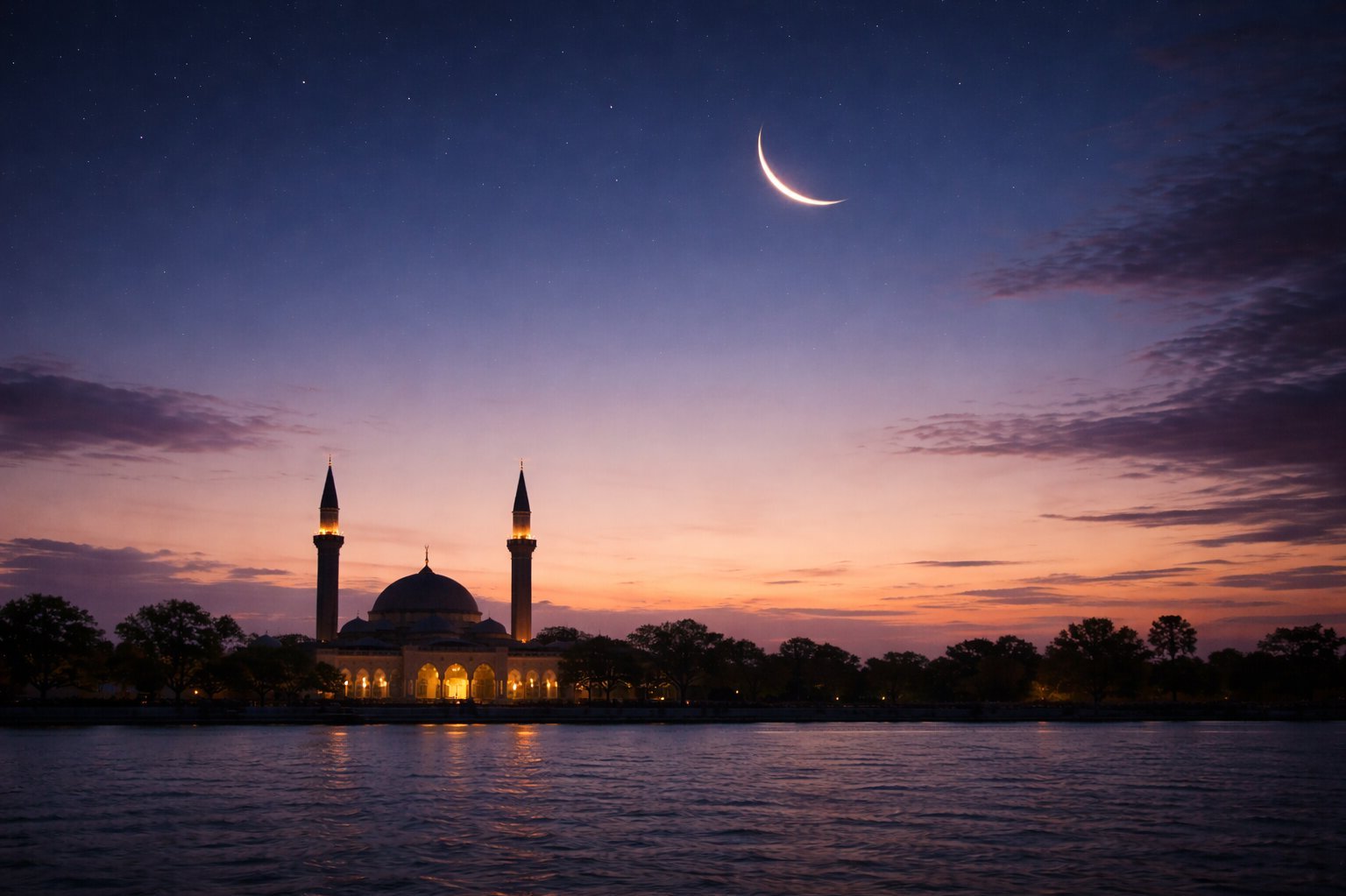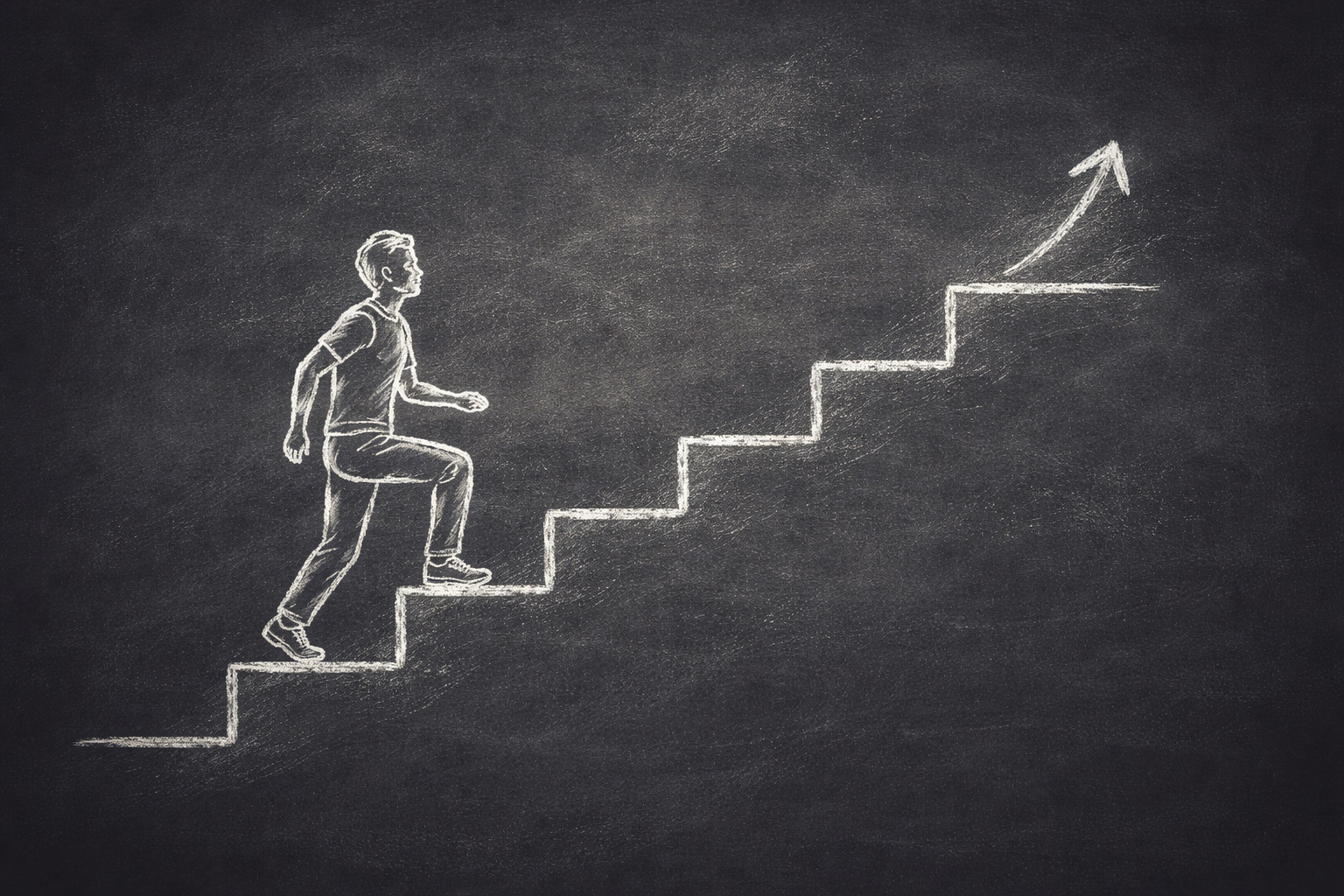“Our success is not possible without our parents’ happiness” –Regragui’s words sound all the more relevant in today’s age, where filial responsibility is losing significance.
HUSAM AHMED SHAFEEQ
DECEMBER 18, 2022
Unpredicted happenings are surprising. But when odds are defied repeatedly, it is historic. Such was Morocco’s magical run in this year’s Fifa World Cup that ended with a 2-0 semifinal loss to France on Wednesday. They lost but made history by being the first country from Africa and the Arab world to have come this far in the tournament ever.[1]
Being no favourite and drawn alongside giants like Croatia and Belgium, it was the most unexpected for the Atlas Lions to advance to the knockout stage as group champions. Pulling out absolute stunners, they went on to eliminate the one-time world champions Spain in the round of 16 and Portugal in the quarters.[2]
The enthralling semifinal match saw numerous scoring opportunities from the North African side, who put on an outstanding performance all through the game but, sadly, failed to score, which is what ultimately counts.
Although Morocco was eliminated from the World Cup, they definitely won the hearts of millions. Throughout the tournament, with determined defending, terrorizing counters, and a display of sheer willpower, they offered cherishable instances for football fans around the world to enjoy.
However, there were also moments beyond the game that garnered much attention.
Sofiane Boufal, whose quick feet were crucial in launching Morocco’s counterattacks, caught the eyes of the world when he frolicked on the pitch with his mother celebrating the win over Portugal[3]. The mother-son duo had been described as the most endearing moment in the World Cup.
Achraf Hakimi’s heartwarming moments with his mother circulated more on social media than him in action on the pitch. Following their win against Belgium, Hakimi ran to his mother, who was waiting for him at the sideline. She kissed him on the cheeks, he kissed her on the forehead before removing his jersey and giving it to her.[4]
When Morocco’s head coach Walid Regragui climbed into the stands following their win against Spain, embraced his mother, and both exchanged kisses, the evident signs of a brilliant strategist on his face had faded for the innocence of a beloved son.[5]
After every win, the Moroccan players were spotted celebrating the victory with their mothers. And quite naturally so for a team who had made it their morale-building strategy to involve parents in the tournament. As per reports, coach Regrarui and Royal Moroccan Football Federation president Fouzi Lekjaa had instructed the squad to choose their family members to accompany them, who were then entitled to an all-inclusive trip to Qatar.[6]
“Our success is not possible without our parents’ happiness”, Regragui reportedly said after taking charge as Morocco’s head coach.[7]
Obviously, the plan has worked. The positive energy generated by the family’s presence has indeed translated into players’ outstanding performance on the pitch.
Nevertheless, apart from the tactical aspect, this gesture has also demonstrated the importance of family values – a virtue that is fading, if not forgotten, in the contemporary world.
Today, while society is preoccupied with reconstructing itself into a more liberalistic form, family is paying the ultimate price. Amidst ever-evolving preferences of life, filial responsibility has been cast behind to the least of man’s priorities.
And without knowing so.
In the West, a person is expected to leave their parental home at the onset of adulthood in the name of autonomy. Conversely, parents also prompt their children to live separately once they grow past the stage of dependency. Theirs become two lives, hence, closely related and emotionally bound, but no obligations connecting them.
That is not to deny the reality that in the pursuit of life, physical separation is a probable outcome. However, the problem is when one fails to recognize the cyclic nature of vulnerability. That is, the same weakness every man is born with is destined to return as they grow old, draining out every aspect of self-sufficiency from them.
At that point, it would make little sense for children to not provide their parents with the care they had received in their state of helplessness. However, what we see in the world is that many societies fail to fulfil even this fundamental necessity. According to a 2019 Pew Research study, 27 per cent of US adults of age 60 years or above live alone in their homes. Another 46 per cent of this age group live as a couple without young children at home.[8]
As a consequence of numerous factors, the study crucially points out, elderly women are more likely to live in solo households. Across the world, 20 per cent of women aged 60 years and older live alone compared to 11 per cent of men of the same age group.[9]
A 2015 report published by the European Union found that almost 37 per cent of women aged 65 or older in its 28 member states were living alone, against 17 per cent in the case of men. Likewise, around 50 per cent of women and 28 per cent of men aged 85 and over were living home alone in these countries.[10]
While this is considered normal, rather virtuous, in many cultures, studies show that this is not without consequences.
Research has concluded a higher likelihood of depressive symptoms among older people who live alone[11]. Similarly, home-alone elderly people becoming incapacitated and unable to get help is a common event. A 1996 study found that in the city of San Fransisco, 387 such events were recorded over a period of mere 12 weeks, in which subjects were found dead in 23 per cent of the cases[12].
Even such dire consequences of living in solitude fail to provide parents with the true company they deserve. The problem is often resolved by sending them to nursing homes[13]. This is not denying the existence of an unignorable proportion of people within such societies who live with their parents. However, what is alluded to here is that it is not considered a vice in these cultures to have parents live in retirement homes.
The fact is, to value a thing requires one to have a complete understanding of its merits. It is because of not recognizing the virtues of parents that caring for them is viewed as an unpleasant, or in the least, unprioritized obligation that needs to be fulfilled somehow. It is for this reason that Islam reminds man of the great favours of his parents upon him. The Holy Quran says:
“And We have enjoined on man concerning his parents — his mother bears him in weakness upon weakness, and his weaning takes two years — ‘Give thanks to Me and to thy parents. Unto Me is the final return.”[14]
It is imperative to note here that the command to offer gratitude to God is immediately followed by the order to be grateful to parents. Such is the stature of parents in Islam.
The Holy Quran further exhorts its followers saying:
“Thy Lord has commanded, ‘Worship none but Him, and show kindness to parents. If one of them or both of them attain old age with thee, never say unto them any word expressive of disgust nor reproach them, but address them with excellent speech. And lower to them the wing of humility out of tenderness. And say, ‘My Lord, have mercy on them even as they nourished me in my childhood.’”[15]
Once a man came to the Holy Prophetsa and inquired who was the most deserving of his good companionship. The Holy Prophetsa replied, “your mother”. The man asked, “then who?” The Holy Prophetsa said, “your mother”. The man further asked, “then who?” The Holy Prophetsa said, “your mother”. The man asked again, “then who?” The Holy Prophetsa said, “your father”.[16]
Islamic history records the account of a young man who lived with his sick mother. Owais al-Qarni, who lived in Yemen during the time of the Holy Prophetsa, had a keen desire to travel to Medina and meet the Holy Prophetsa. However, he prioritized not leaving the company of his mother over meeting the Prophetsa. The Holy Prophetsa reciprocated by praising him for his filial peity and stating him as the best among the Tabiun (the generation of Muslims who followed the companions).[17]
Islam makes it an obligation upon children to look after their parents. Doing so constitutes no favour on the part of the children. On the contrary, every good treatment a person shows to his parents is akin to repaying a favour that can never be repaid.
END NOTES
[1] Morocco Loses to France, Exits World Cup after Heroic Performance, Al-Monitor, December 14, 2022
[2] World Cup 2022: Morocco’s Historic Run to Semis Ends in Defeat by France, Middle East Eye, December 14, 2022
[3] Mothers of Moroccan Players Steal Spotlight in World Cup Qatar 2022, The Siasat Daily, December 11, 2022
[4] Emotional Achraf Hakimi Kisses Mother after Morocco’s Historic Win over Belgium, India Today, November 28, 2022
[5] Walid Regragui: Beautiful Scenes As Mother to Morocco’s Boss Celebrates Son, Sports Brief, December 7, 2022
[6] Morocco’s World Cup Magic Potion: Football Parents and Fans, Al Jazeera, December 6, 2022
[7] Ibid
[8] Older People Are More Likely to Live Alone in the U.S. than Elsewhere in the World, Pew Research Center, March 10, 2020
[9] Globally, Women Are Younger than Their Male Partners, More Likely to Age Alone, Pew Research Center, January 3, 2010
[10] People in the EU: Who We Are and How Do We Live?, European Union 2015, p. 145
[11] Relationship Between the Living-Alone Period and Depressive Symptoms Among the Elderly, Jun Hyuk Koo et al., Archives of Gerontology and Geriatrics May-June 2021
[12] Persons Found in Their Homes Helpless or Dead, R J Gurley et al., The New England Journal of Medicine June 27, 1996
[13] A Study of Families’ Experiences of Putting Their Elders in Nursing Homes, Farahnaz Chireh Hafshjani and Heidar Ali Abedi, International Journal of Medical Research & Health Sciences May 2016
[14] Holy Quran 31:15
[15] Holy Quran 17:24-25
[16] Sahih Bukhari, Kitab al-Adab (The Book on Good Manners)
[17] Sahih Muslim, Kitab Fadail as-Sahabah (The Book on the Merits of the Companions)













1 Comment
Rahul Ahmed · December 19, 2022 at 1:21 pm
A universal message to the whole mankind.
Full of Facts and Pure wisdom. The remarkable thing is “This is the Book about which there is no doubt, a guidance for the righteous.”